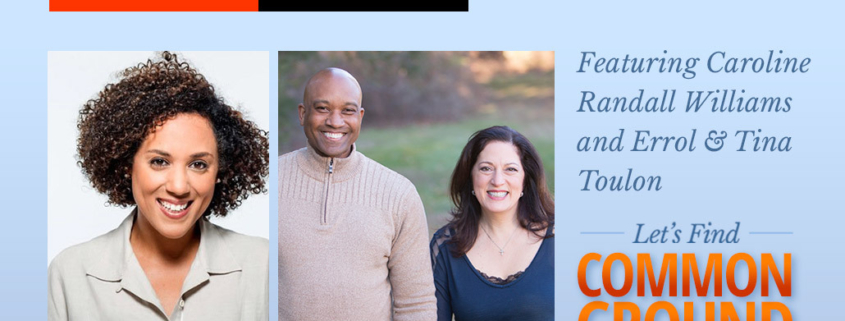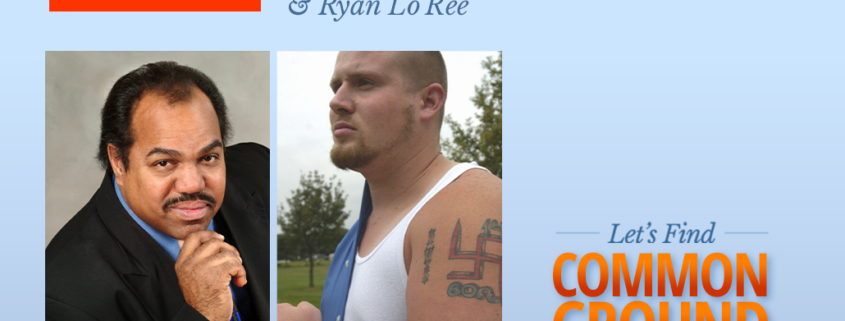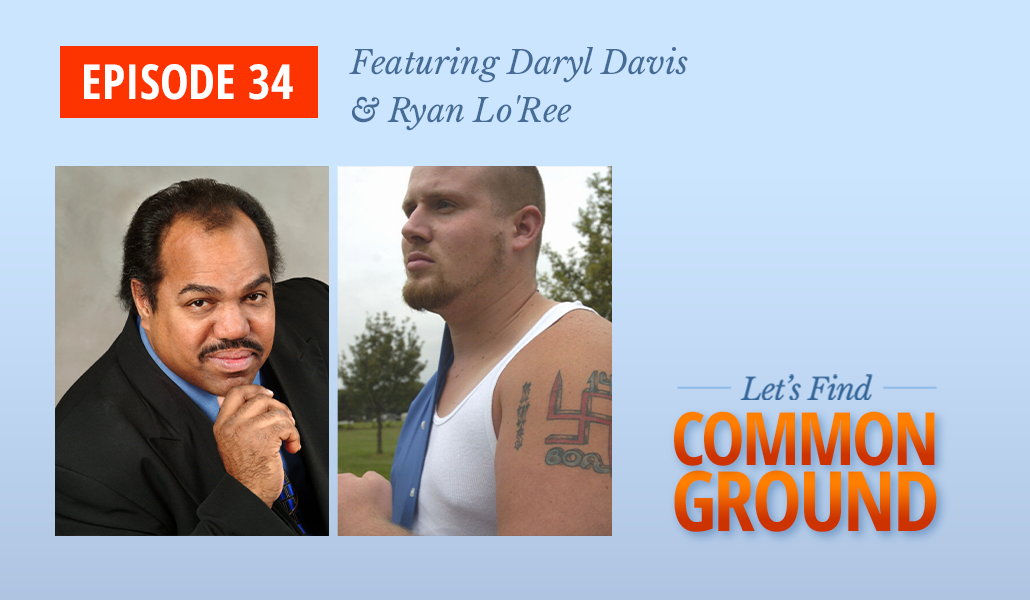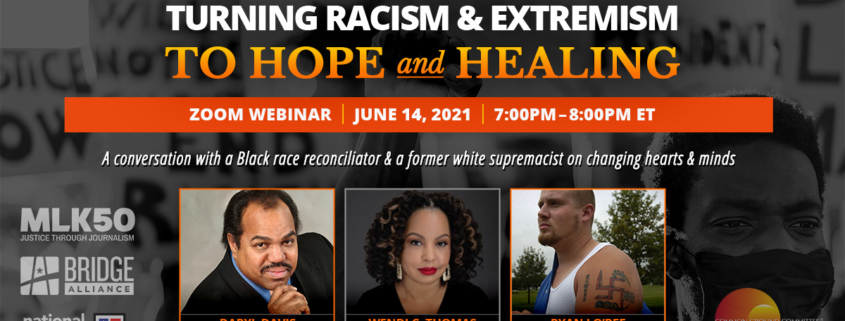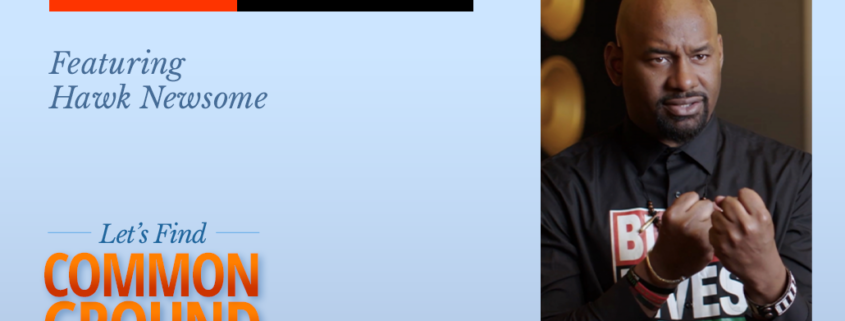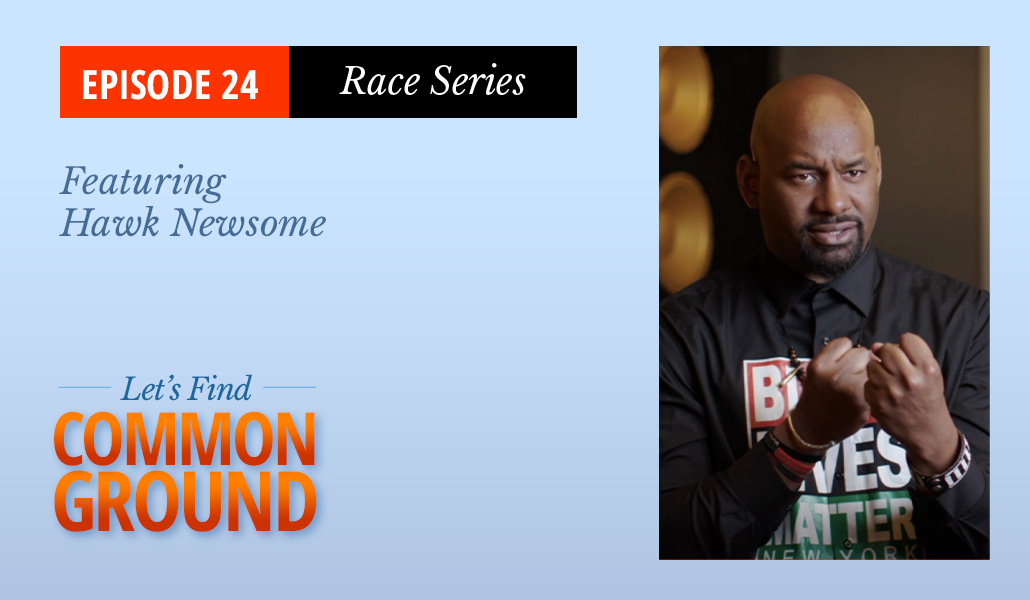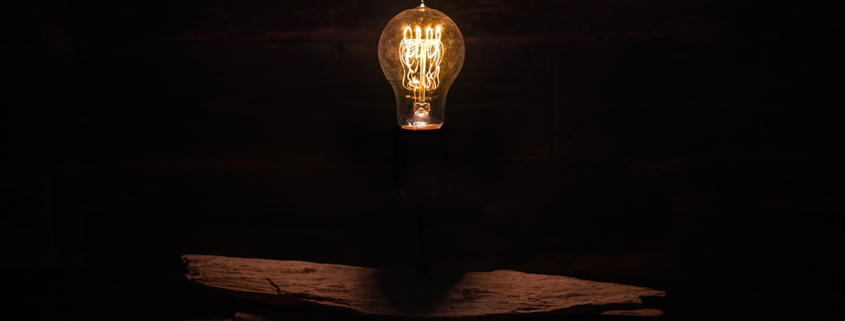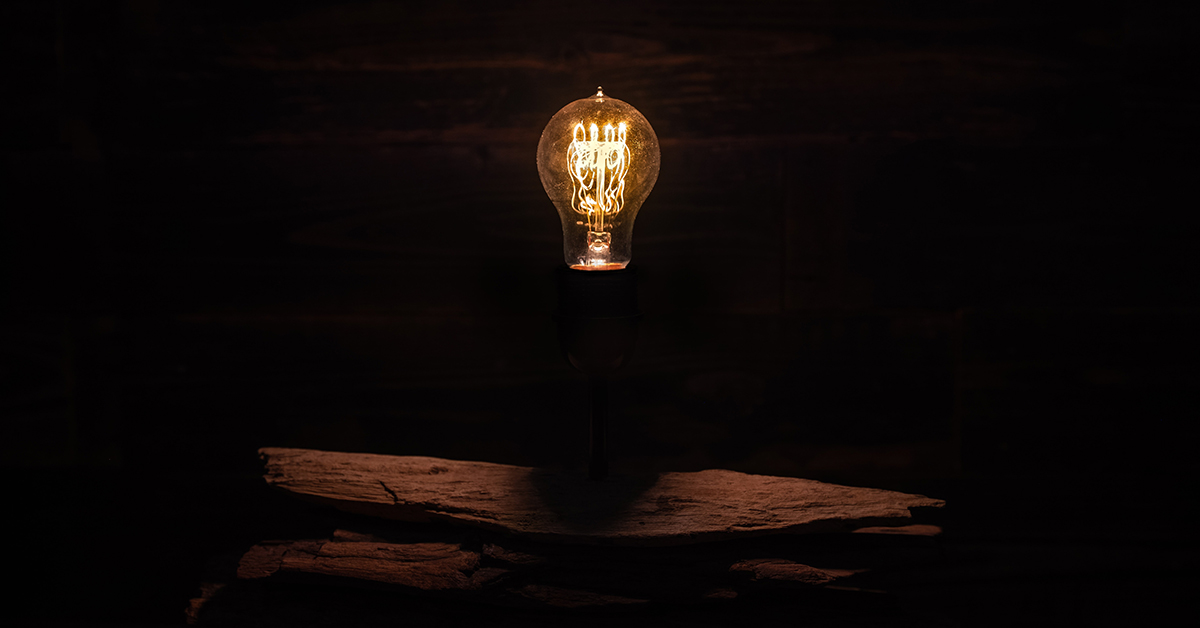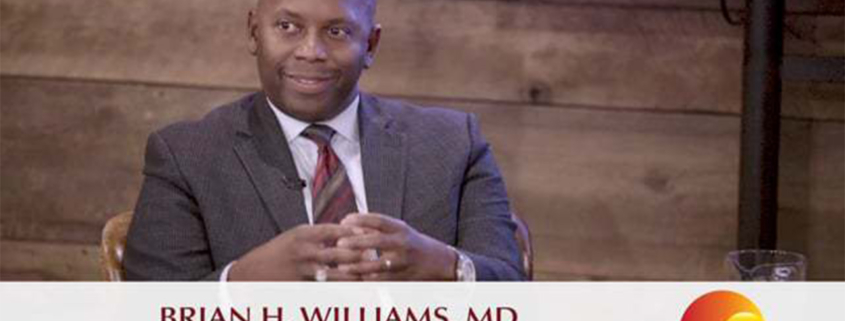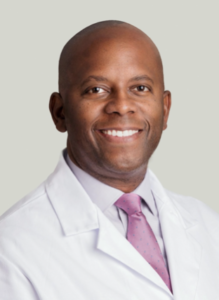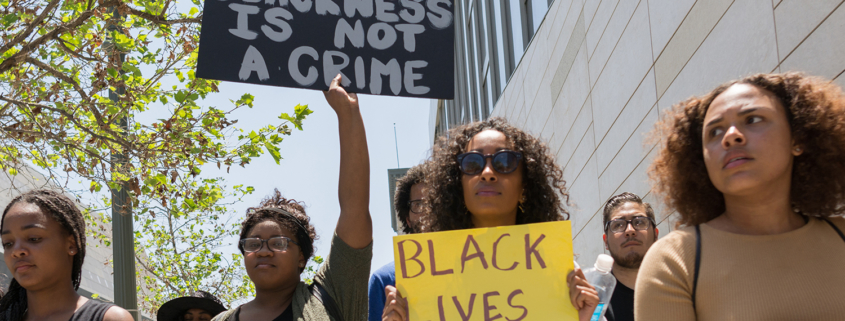Monuments and Marriage: The Most Personal Lessons About Race
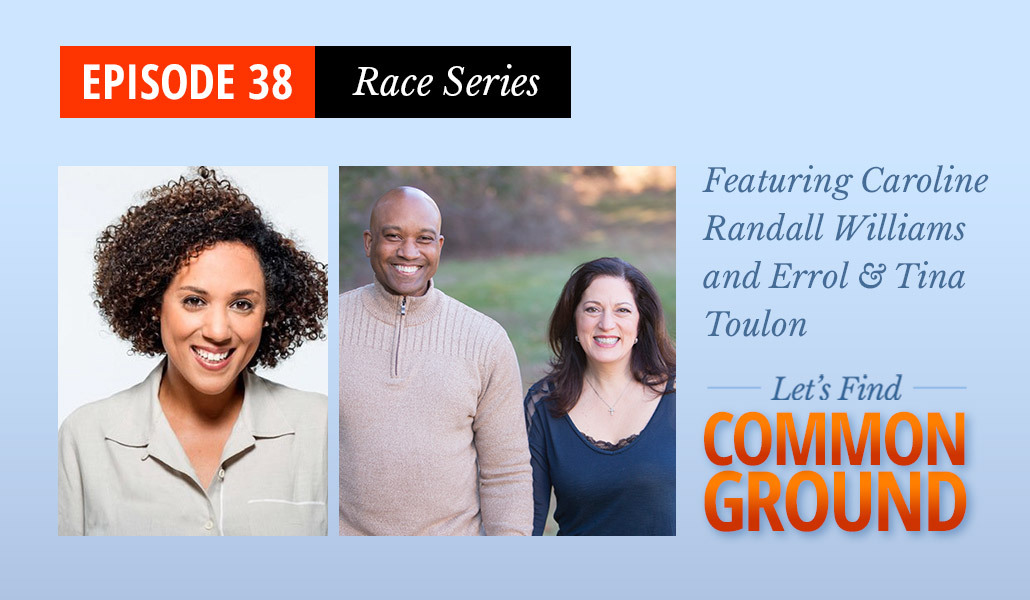
Subscribe to the Podcast
To find common ground on improving race relations, start with personal stories.
The need to find common ground for improving race relations has rarely been more urgent than it is today. In this episode, we share profound insights from an interracial couple and a young African-American scholar and poet.
Caroline Randall Williams wrote a widely-read opinion column for The New York Times that added fresh insight to the debate over Confederate monuments and how America remembers its past. As a Black southern woman with white ancestors, she brings a passionate first-person point of view.
We also share the deeply personal story of Errol Toulon, the first African-American Sheriff of Suffolk County, New York, and his wife Tina MacNicholl Toulon, a physician liaison and business development executive. She’s white. He’s Black. Tina tells us what she’s learned since their marriage in 2016 about racism, “driving while Black,” and other indignities that are often part of a Black person’s daily life.
This episode includes edited extracts from longer interviews that were first published in 2020.
Read the Episode Transcript
Ep. 38: Monuments and Marriage – The Most Personal Lessons About Race
Caroline Randall Williams
Born and raised in Nashville, Tennessee, Harvard graduate Caroline Randall Williams is an award-winning poet, young adult novelist, and cookbook author as well as an activist, public intellectual, performance artist, and scholar. She joined the faculty of Vanderbilt University in the Fall of 2019 as a Writer-in-Residence in Medicine, Health, and Society while she continues to work and speak to the places where art, business, and scholarship intersect, moving people closer to their best lives and corporations closer to their ideal identities.
She has spoken in twenty states: Alabama, Arkansas, California, Florida, Georgia, Louisiana, Maryland, Massachusetts, Michigan, Minnesota, Mississippi, Nevada, New Hampshire, New York, Oregon, Pennsylvania, Tennessee, Texas, Washington and West Virginia, in venues that range from as small as a classroom in a neighborhood school to as large as the Superdome mainstage during Essence Fest. To every speaking engagement, Caroline brings a fierce intelligence, disarming charm, a touch of glamour, and a depth of lived experience that belies her thirty-two years. She has taught in two of the poorest states in the union — Mississippi and West Virginia — and she has been educated at two of the richest universities on the globe — Harvard and Oxford.
Named by Southern Living as “One of the 50 People Changing the South,” the Cave Canem fellow has been published and featured in multiple journals, essay collections, and news outlets, including The Iowa Review, The Massachusetts Review, CherryBombe, Garden and Gun, Essence and the New York Times.
Errol Toulon
On January 1, 2018, Errol D. Toulon, Jr., Ed.D., became Suffolk County, New York’s 67th Sheriff and the County’s first African-American to be elected to a non-judicial countywide office. As Suffolk’s highest-ranking law enforcement official, he works to serve and protect 1.5 million residents through innovative programs to reduce crime and recidivism, and the implementation of sound fiscal policies.
Sheriff Toulon launched the Sandy Hook Promise School Safety Initiative, which has taught more than 22,000 students how to recognize the signs of a peer in distress and report concerning information to a trusted adult. He has also made it a priority to get to the root causes of youthful delinquency and inter-generational crime. His work in this area includes launching the Deconstructing the Prison Pipeline Task Force; Choose Your Path for young adults; Choose to Thrive for incarcerated women; a Senior Citizen Program POD; and the nation’s first jail-based Human Trafficking Initiative, which assesses all county inmates for signs of victimization. He has also expanded correctional rehabilitation programming aimed to reduce recidivism, and made significant improvements to the Sheriff’s Addiction Treatment Program, with programming offered to both pre-trial and sentenced individuals.
Sheriff Toulon has more than 30 years of criminal justice experience, centered upon corrections intelligence and combating gang violence. Prior to serving as Suffolk County Sheriff, he worked for the New York City Department of Correction. He received his Master’s degree in Business Administration and Doctorate in Educational Administration from Dowling College; an advanced certificate in Homeland Security Management from Long Island University; and attended leadership courses at the JFK School of Government at Harvard University.
Tina Toulon
Tina Toulon is an accomplished expert in sales, marketing, and relationship building. She founded and was President of The Catamount Group, successful marketing, and list brokerage agency serving numerous corporate clients which she sold to Eway Direct.
She has also held senior positions with Epsilon Data Solutions and LSC Digital managing key client campaigns. Currently, she works with New York Cancer & Blood Specialists.
Want to hear more? Check out our podcast page to see all the discussions!

